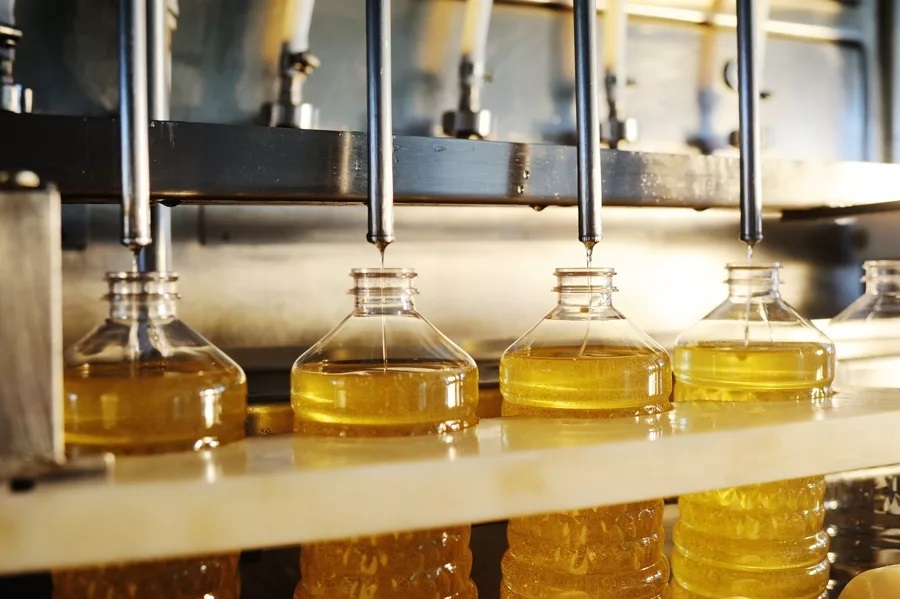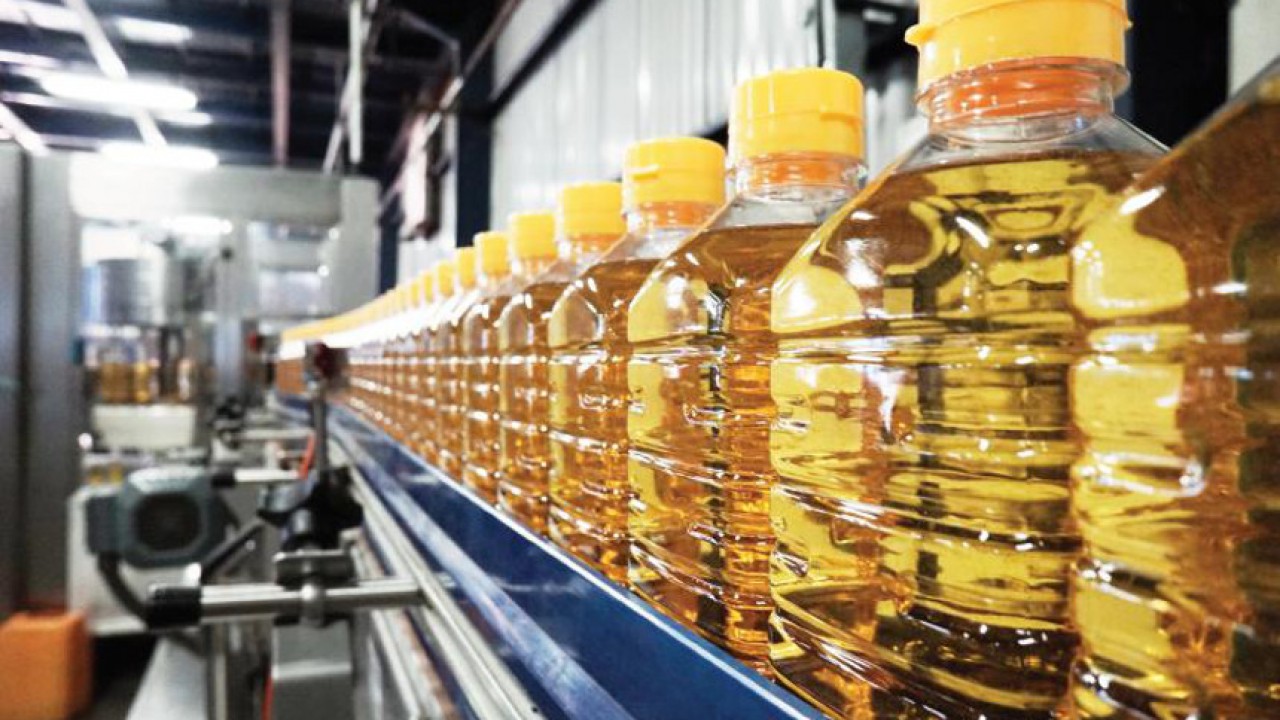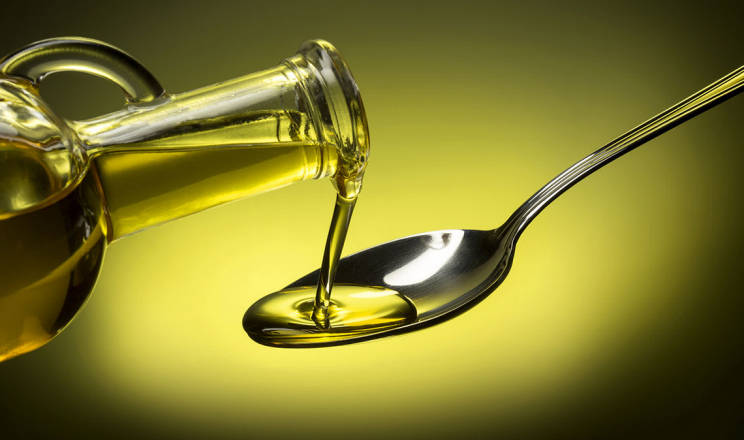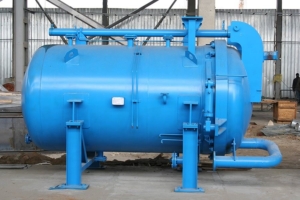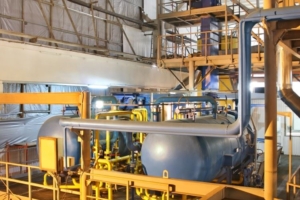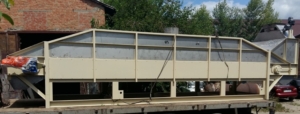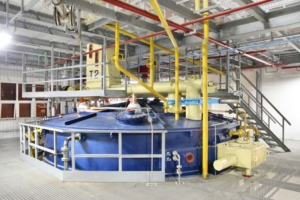Oil extraction plant
- 06.09.2023
- 10209
- Uncategorized
TAN offers comprehensive services for oil processing plants. We sell equipment and process lines, carry out supervision and commissioning at plants of various sizes. Solvent oil extraction is an efficient and popular production method, and we provide our customers with a range of services to launch an oil extraction shop at their production facility.
Client’s goal
Our client, Gidrosend LLC, set the goal to launch an oil extraction plant to meet the growing demand for sunflower and soybean oil. The main goal was to open a plant with an optimized oil extraction process from sunflower seeds and soybeans, to ensure high product quality and maximum production efficiency.
What has been implemented
TAN specialists conducted research and planning to determine the most effective extraction methods and technologies. The client obtained the necessary permits and licenses. The workshop is located in Svitlovodsk, Kirovograd region. Our company supplied the company with modern equipment for preliminary pressing and extraction of vegetable oil:
- oil pressing department and sunflower seed extraction line with a capacity of 1000 tons per day;
- sunflower oil refining and deodorization line with a capacity of 300 tons per day;
- oil pressing department and soybean extraction line with a capacity of 600 tons per day.
Our company installed carousel-type extractors at the client’s plant. This design increases the extraction efficiency, eliminates the risk of clogging the screen with small particles of raw material and facilitates the release of miscella from the layers of solid material. The solvent is fed by pumps from above the feedstock, passes through its layer, dissolves the oil and drains through the screen bottom into a sediment collector divided into segments. Each segment is equipped with a separate pump for feeding the oil cake to the upper part of the extractor. The extractor with this principle of operation produces high-quality vegetable oil and meal with a residual oil content of less than 1%. Complex automation systems were installed to manage and control production processes.
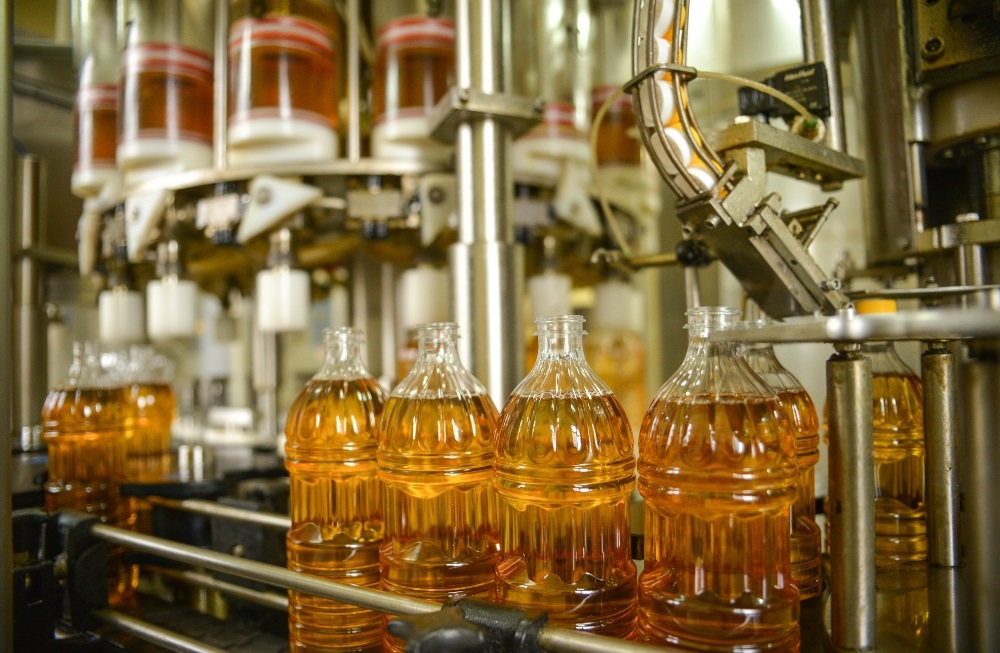
Vegetable oil extraction process
In order to increase the extraction efficiency, a line of preliminary pressing was installed at the customer’s plant. The oil extraction process consists of three main stages: raw material pressing, solvent extraction and purification by distillation.
- Pressing of raw materials. The first stage of production involves crushing oilseeds or kernels, such as sunflower seeds or soybeans, to extract the oil. The crushed raw material is heated before being sent to the extractor.
- Solvent extraction. At this stage, a solvent, usually hexane, is used to extract the oil from the pressed material (cake). The solvent separates the oil from the solid residue by penetrating deep into the seed. The result is a mixture of oil and solvent called miscella.
- Purification of oil from solvent residues by multistage distillation. Miscella is subjected to a multi-stage distillation process to remove the solvent. The distillation process involves heating the mixture at different temperatures to evaporate the solvent, leaving the pure vegetable oil.
The extracted oil is then sent to the refining and deodorization line at the customer’s plant. During refining impurities, color, odor and taste are removed from the product. The finished oil meets all DSTU standards and European quality standards.
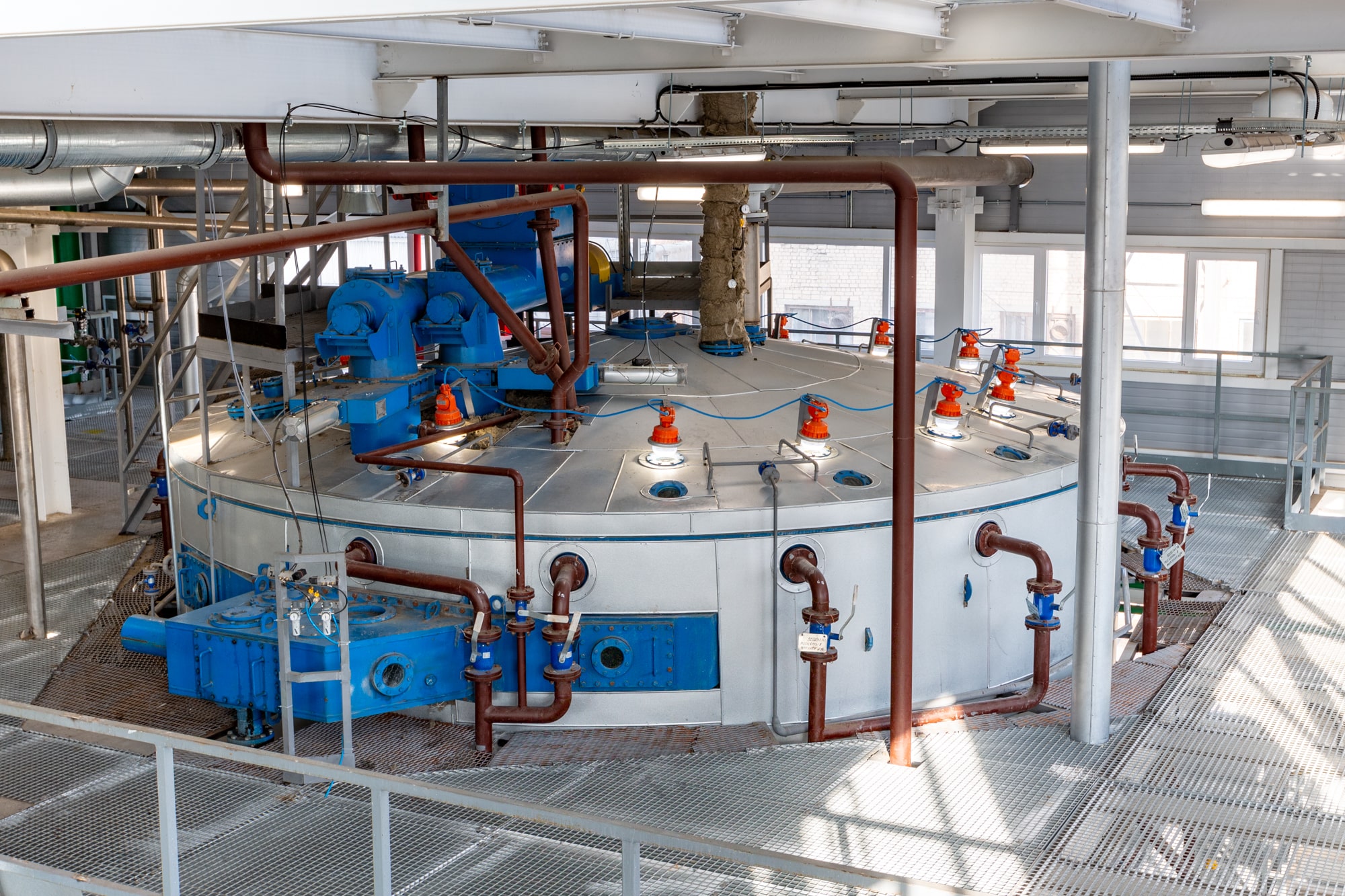
Overview of the main parameters used in oil quality control
To ensure high quality of vegetable oil, the following characteristics are monitored:
- Fatty acid content and ratio. The ratio of saturated, monounsaturated and polyunsaturated fatty acids is determined to assess the nutritional value and stability of the oil.
- The peroxide number indicates the degree of oxidation of the oil. A low peroxide number means better quality and a longer shelf life.
- The acidity is measured to determine the freshness and the likelihood of rancidity of the oil. High-quality vegetable oil has a low acidity level.
- The water content of the oil must be carefully controlled to prevent microbial growth and maintain product stability.
These parameters are investigated in the laboratory by taking oil samples before packaging.
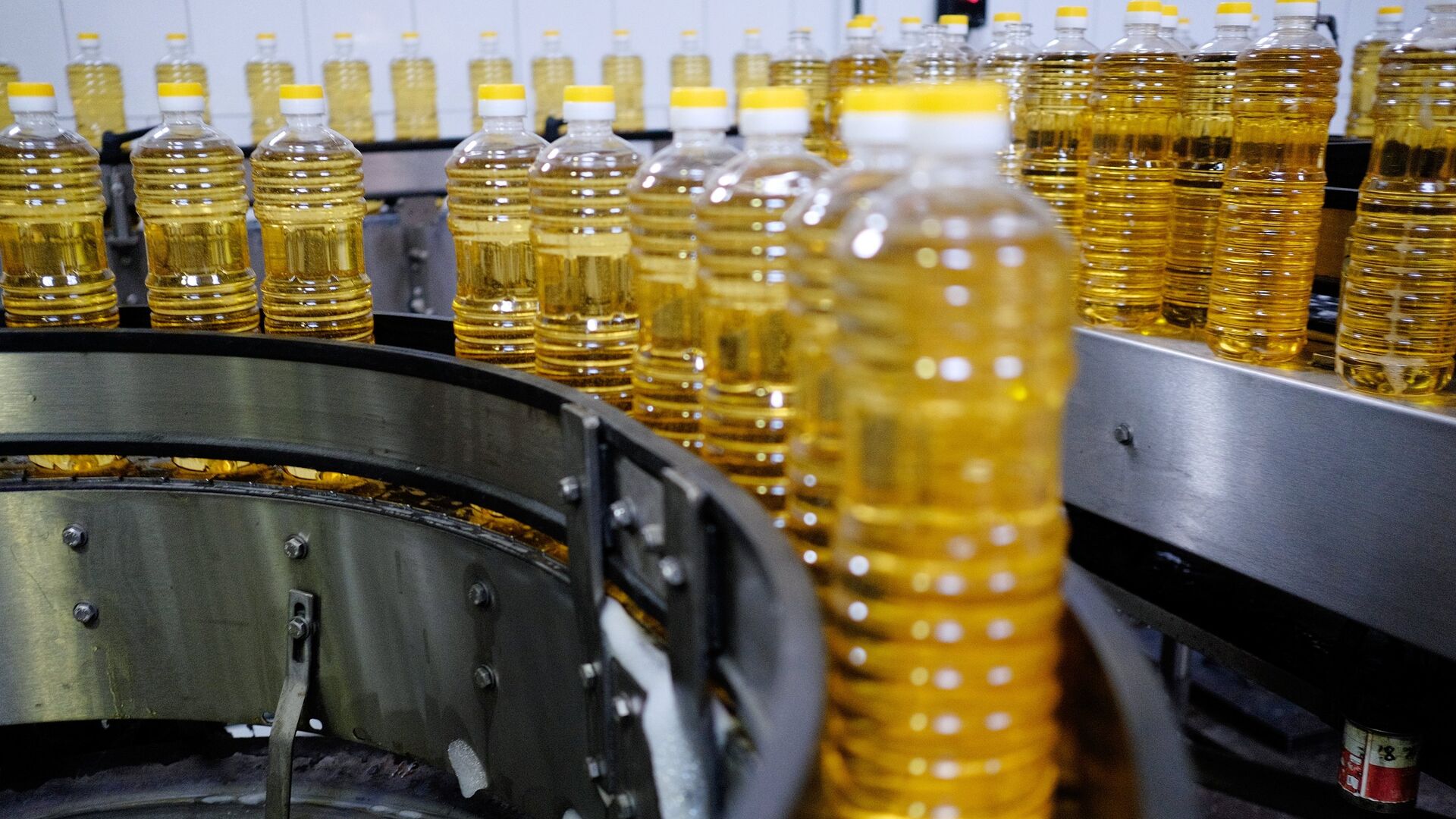
Conclusion
Thanks to careful planning and investment in advanced technologies, our client received a modern oil extraction plant with streamlined production processes. The integrated processes of raw material pressing, solvent extraction and oil purification by refining ensure efficient production and high-quality vegetable oil. Automation systems significantly increase productivity, and strict quality control measures allow us to offer our customers a product that meets DSTU standards.

